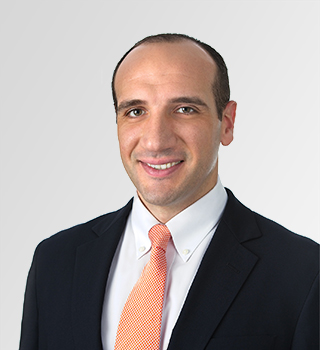Talc litigation is back in the news given the recent Appellate Court decision in New Jersey. The consolidated cases Brandi Carl and Joel Carl, and Diana Balderrama and Golbert Balderrama (Docket Nos.: A-0387-16T1, and A-0978-16T1, respectively), involve plaintiffs who allege their ovarian cancers were caused by their use of (exposure to) defendants’ talc-based products. The Appellate Court reversed the trial judge’s decisions to exclude the opinions of plaintiffs’ principal medical causation experts and grant defendants’ summary judgment motions. The Appellate Court held that the opinions of plaintiffs’ experts are based on sound methodology that experts in the field may reasonably rely upon, which is tantamount to allowing the expert opinions at trial. In contrast, the trial judge held that these experts applied the methodology in a specific way to yield a desired result that would support their biased opinions. This appellate decision touches on the ongoing esoteric debate concerning the science at issue in talc litigation.
Given the youth of talc litigation and the theory that talc causes ovarian cancer, there is not a deep well of scientific and medical studies published on the nature of any causal relationship between the use of talc-based products and ovarian cancer. Currently, the published peer-reviewed studies show that talc does not cause ovarian cancer. However, regulatory agencies have been slow to weigh in as objective authorities on the science and medicine. This lack of regulatory comment allows for opponents or anyone who stands to gain from discrediting these studies to mischaracterize their results and methods with impunity at trial. Scrutiny and criticism of these highly technical studies should only come from other scientists and doctors who are subject-matter experts in the field (i.e., peer review). We need regulatory authorities to provide objective comments on the science and medicine to limit the depth of these scientific debates in courtrooms. It is improper to ask the judiciary and juries to make these decisions given they are most likely not subject matter experts on these complex and technical issues.
The attorneys at CMBG3 Law LLC have represented clients in talc, products liability, and toxic tort matters for many years. We provide the most current advice by staying informed of legal, scientific and medical developments regarding a wide variety of substances and products, including talc-containing products, used by consumers every day. If you have any questions or would like more information, please contact Clifford V. Pascarella II (email him or call 617-279-8234).
Authored By:


0 Comments